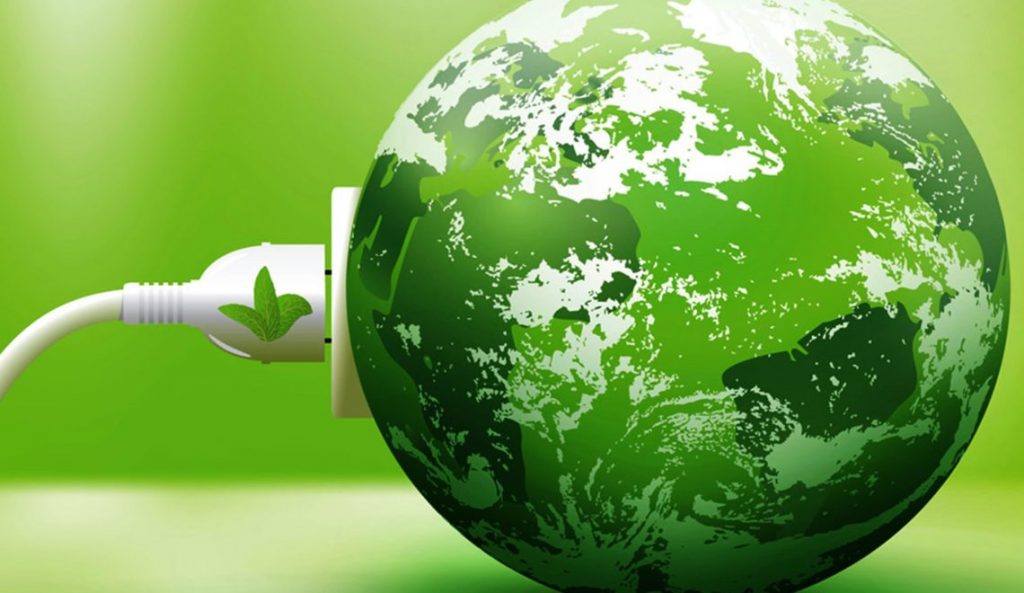The European Council announced the adoption of a new regulatory package establishing common market rules for renewable gas, natural gas and hydrogen, aimed at advancing Europe’s shift to renewable and low carbon gases and shifting away from fossil fuels, as well as supporting the EU’s decarbonization goals.
The announcement by the EU Council marks the last major step towards the final adoption of the new regulation, following the legislation’s approval in April by the EU Parliament.
The new regulation forms part of a series of proposals by the European Commission in December 2021 to decarbonize the EU gas market, as part of the European Green Deal, supporting the EU goal to achieve climate neutrality by 2050, as well as the ‘Fit for 55’ roadmap – the EU’s proposed strategy to cut greenhouse gas (GHG) emissions by 55% by 2030, compared to 1990 levels.
The rules are also aimed at supporting the Commission’s REPowerEU strategy to end the EU’s reliance on Russian fossil fuels.
The new regulation supports the establishment of common internal market rules for renewable and natural gases and hydrogen, and mandates national network development plans based on joint scenarios for electricity, gas and hydrogen. According to the Commission, the regulation will help enable the uptake of renewable and low-carbon gases through the facilitation of connection and access to the existing gas grid, and will see the establishment of a connection and access to the existing gas grid, allowing for consistency in assessing the emissions footprint of different gases, in order to enable member states to compare and consider them in their energy mix.
The new regulation also include provisions aimed at phasing out fossil fuels, with long-term contracts for unabated fossil gas directed to not last beyond 2049, and rules supporting the promotion of the penetration of renewable and low carbon gases – particularly hydrogen – in coal and carbon-intensive regions, including tariff discounts for renewable and low carbon gas, and the establishment of a voluntary mechanism to support the hydrogen market.
The regulation will become applicable six months after its publication in the Official Journal of the European Union, with member states given two years to adapt national legislation to the new provisions.
Tags: Decarbonise, eu, Gas



Recent Posts
Hyundai Glovis to Retrofit Seven PCTCs with Avikus AI Navigation System
Super Terminais orders three more Konecranes Gottwald ESP.10 Mobile Harbor cranes
Covestro and HGK Shipping Extend Partnership to 2040 with Focus on Wind-Assisted Vessel Retrofit
Artemis Technologies Successfully Demonstrates 100 Percent Electric Crew Transfer Vessel at Aberdeen Offshore Wind Farm
IACS Council Advances Decarbonisation, Digitalisation and Governance Priorities at C91 Meeting in Beijing
Japan Launches Major R&D Project to Advance Shipbuilding with Alternative Fuels
EU Adopts Emissions Standards for Low Carbon Hydrogen to Bolster Clean Energy Market
Trafigura to Implement ZeroNorth’s AI Platform Across Global Fleet